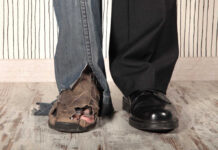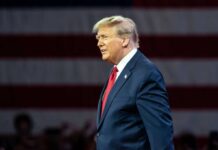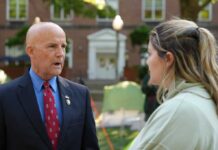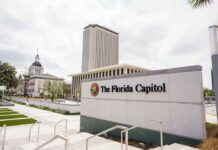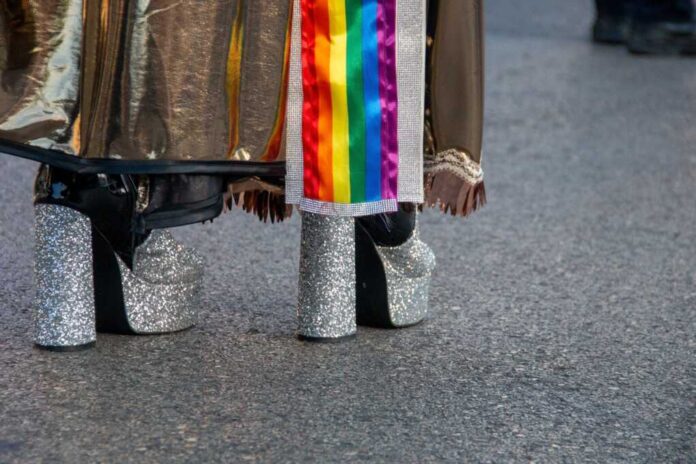
The clash between constitutional rights and child protection has ignited a fierce legal battle over a drag show near a children’s playground in Naples, Florida, leading to intense controversy.
At a Glance
- A federal appeals court upheld an injunction blocking a Florida law aimed at preventing children from attending drag shows
- The 11th Circuit Court of Appeals ruled the law violated First Amendment rights
- The “Protection of Children Act” was criticized for its vagueness, lacking clear standards for enforcement
- Judge Gerald Tjoflat dissented, calling for state court interpretation
- The legal struggle continues, with potential appeals to higher courts
Constitution vs. Protection
A federal court ruling has reignited America’s cultural battleground after it struck down Florida’s attempt to restrict drag shows near children. In Naples, a drag performance scheduled near a children’s playground became the flashpoint for a broader constitutional showdown.
.S. District Judge John Steele ruled in favor of the event organizers, stating that the city’s efforts to move the show indoors violated First Amendment protections. Florida’s 2023 “Protection of Children Act” sought to limit children’s exposure to what the law deemed “lewd” performances. But the court found the legislation’s language dangerously vague and overbroad.
Watch a report: Federal Judge Upholds Drag Show Rights.
Judges Robin Rosenbaum and Nancy Abudu struck down the law, arguing it lacked clarity and opened the door for arbitrary censorship. “Requiring clarity in speech regulations shields us from the whims of government censors,” Rosenbaum wrote.
Broader Implications and Dissent
The ruling doesn’t just protect one event—it challenges a national wave of legislation targeting drag shows under the guise of child protection. Critics argue these laws are part of a larger effort to suppress LGBTQ+ expression.
However, dissenting Judge Gerald Tjoflat countered that the case should have been referred to Florida’s Supreme Court. “The majority sidesteps the very tools our system provides,” he wrote, warning against premature constitutional rulings.
Liberty Counsel, a conservative legal group, claims the ruling nullifies parental rights and endangers children. “The law is not erased or suspended,” they said, vowing to challenge the decision in higher courts.
Public Backlash and Legal Uncertainty
Naples officials had previously moved drag events indoors, attempting to strike a balance. But with the law now in limbo, parental outrage has surged. “This cannot—absolutely cannot—happen in the city of Naples,” said activist Erika Donalds, echoing local calls for more restrictive ordinances.
At the heart of the debate lies a broader question: Can the government regulate speech it deems inappropriate without trampling on constitutional freedoms? With terms like “lewd” and “obscene” left undefined, critics argue that such laws fail the legal test of specificity, opening the door to subjective enforcement.
While the drag show in question may proceed, the legal and cultural war is far from over. With appeals expected, the courts will likely be asked again to decide where free speech ends—and child protection begins.




